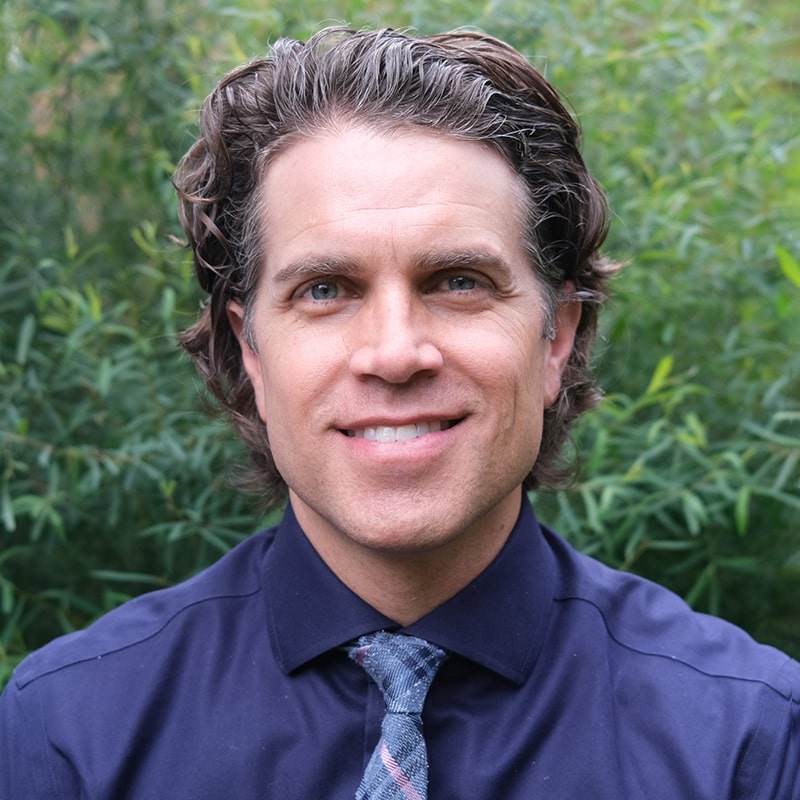Meet the Faculty
 Scientific Inquiry
Scientific Inquiry
03-135 Structure and Function of the Human Body
Featured Faculty: Jason D’Antonio
What do you love about teaching?
Teaching enables me to foster a sense of belonging by creating a learning environment where every student feels welcomed, valued, and respected. Regardless of background knowledge, I want to stimulate intellectual curiosity and foster a love of learning. I love teaching human physiology because it is truly fascinating to think about the wonder of our immune system, how nerves trigger muscle movement, how the kidneys filter our blood, how oxygen and carbon dioxide are exchanged, and how our skin and gut protect us from infection. With this knowledge, students can better appreciate the complexities of illnesses such as diabetes, COPD, autoimmune diseases, HIV, COVID-19, and cancer. I love teaching this topic, especially to non-STEM students, because when they make connections and understand the how and the why, knowledge inspires confidence and continued learning.
What do you remember most from your educational journey and how has that shaped your teaching?
As a Philosophy and Biology double major in college, I was fascinated by the many incredible facets of human physiology, for example, how nerves send an action potential to activate muscle contractions and how T-cells coordinate an immune response to a bacterial infection. I also loved learning about mechanisms of adaptation and evolution. However, my studies in philosophy trained me to think critically about issues that exist at the intersection of science and society. I grappled with the reality that often there are no “right” answers to complex issues given the variety of perspectives and considerations involved. Bringing biology and philosophy together created a path for me to pursue life-long learning that now incorporates history, medicine, ethics, sociology, rhetoric, and psychology.
How does what you do in the classroom reflect the impact on the world that your field has?
Treating students with respect is a core principle of my pedagogical approach to teaching. If students feel respected, they feel included and valued, which hopefully reduces stress and fosters learning. I teach human physiology to help students develop a foundational understanding of human anatomy and core physiological processes so that they can be better informed and more engaged in everyday conversations about the biology of human health. At the same time, I challenge students to make important connections between core physiological processes and the causes and impacts of common acute and chronic human illnesses, including neurodegenerative diseases, respiratory diseases, infectious microbial diseases, autoimmunity, diabetes, and cancer. Making the science of human biology more accessible, especially to non-STEM audiences, improves scientific literacy.
What one piece of advice would you give your students?
Put down the technology, spend time with family, exercise, and READ!